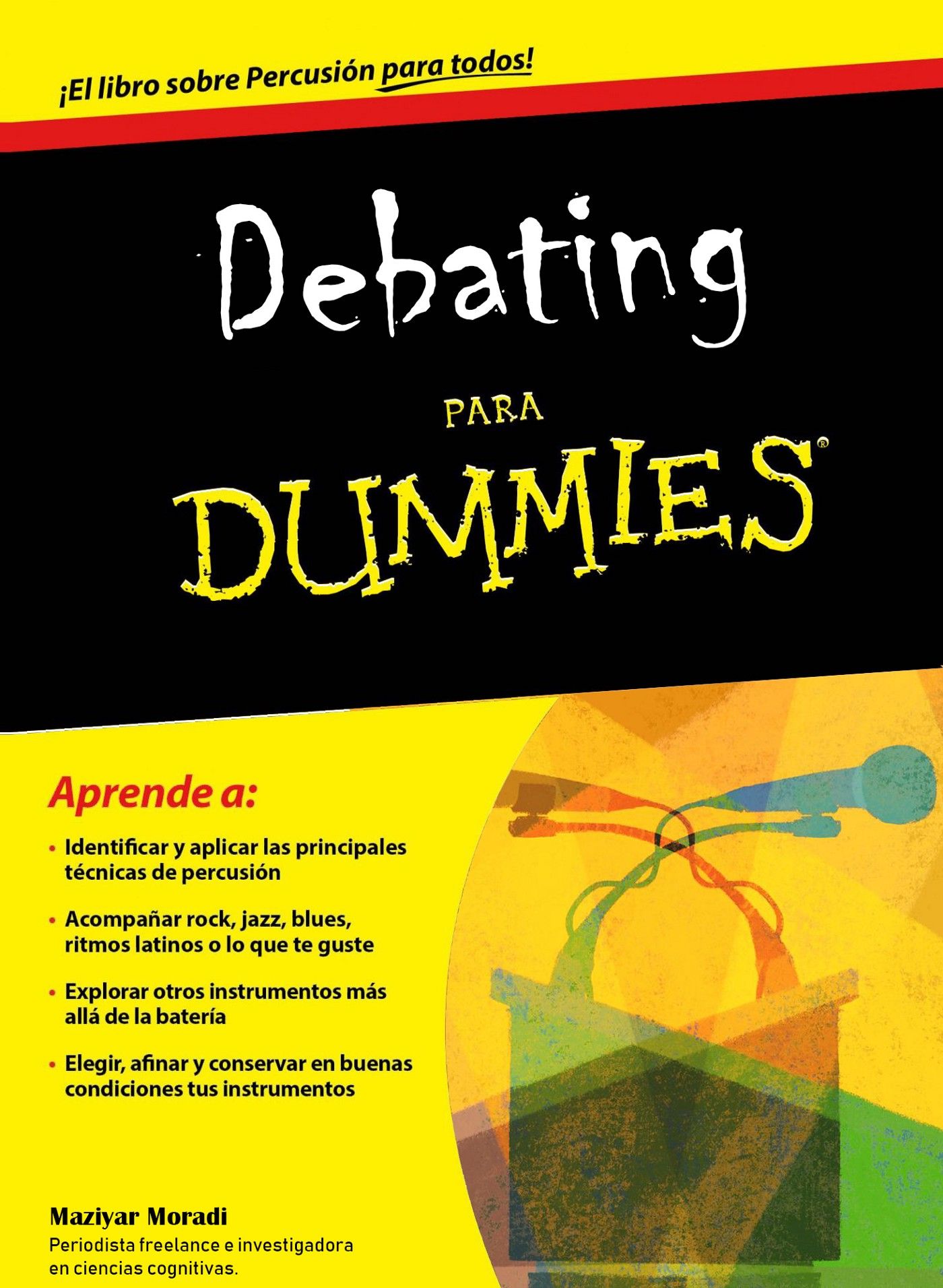Debate Ethics In The Workplace For Dummies
Ethical debate requires to avoid sticking to your own beliefs.

Ethical debate requires to avoid sticking to your own beliefs.
Written by Maziyar Moradi.
Originally published on Medium.
If you want people to trust you, you should be a fair, honest and ethical person. Being ethical is one of the essential factors in businesses, and Ethical Behaviour is necessary for the workplace. When you are in debate, the story is different a bit, but you need to handle it, let’s see how:
One of the essential factors in debating is to disregard your own beliefs, and if you don’t, you will not learn anything from people whom you debate.

In every discussion, you should consider your beliefs as your belongings, not part of your self. If your beliefs are part of you (not your belongings) then if someone criticizes your beliefs, it means that he/she criticizes your personality, and if someone tries to change your mind, it means that he/she tries to change your personality. It can make you resist and become angry. There will be no outcome from any discussions if someone tries to change your mind (because your beliefs are part of you).

Beneficial discussion
To have an advantageous discussion, you should consider your beliefs as your belongings — like your shoes — one of the things you own. Shoes are what you own, not your identity, nor your personality. If you consider your shoes as your belongings, we conclude that:
- If one speaks about your shoes and Says, ‘ your shoes are tattered’ you will not consider this as violence or Insulting, nor having laughed at you. If he/she’s right, you can appreciate him/her and try to change your shoes. If he/she were wrong, you would show him/her your shoes are not tattered, and they are good, and he/she was wrong about your shoes.
- After you find out your shoes are tattered, you try to change your shoes with a new one.
- If someone gives you new shoes as a gift, it means that he/she is kind and is helping you not try to pay money for the new shoes.

So, imagine I believe “A is B”, and this belief is one of my belongings (like my shoes) and you tell me “A is B” statement is not true. If you’re right, I’d appreciate you told me my fault, and if not, I’d be thankful for your kind attention to my belief.
Conclusion
You might think you are ethical at your workplace, but when it comes to debating, something changes, and you might become angry due to apparent reasons. The solution is to consider your beliefs as one of the things you own, not part of yourself. We can edit our beliefs and update them many times. This update nearly causes perfection if we consider them as one of our clothes. We will not become angry, and we are always open to any critique. This point of view is the ethics of debating. In the psychology of belief, If you are going to have a healthy debate at the workplace, you should consider critiques as feedback, not violence.
Thank you for reading! 🙌
👉 This article was also published on Medium, in Human Centered Thinking.

Discussion